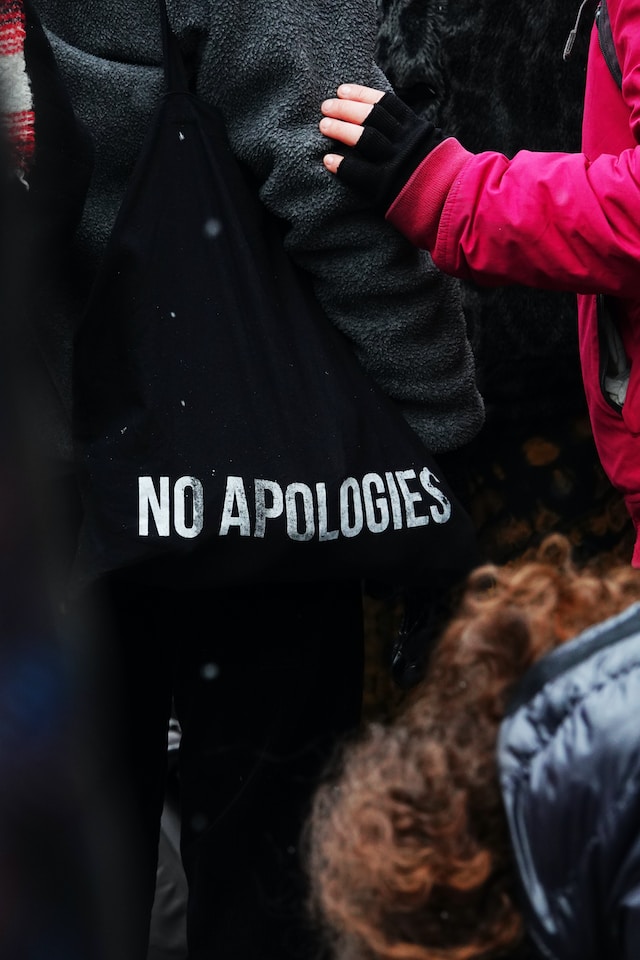Apologies have become a common occurrence in our daily lives, with individuals and organizations quick to express regret for even the slightest misstep. However, this constant stream of apologies has led to what experts are calling “apology fatigue.” In this article, we delve into the effects of over-apologizing and how it impacts our perception of sincerity and accountability.
Apology fatigue occurs when apologies are overused or issued without genuine remorse, leading to a sense of desensitization and skepticism among the public. In today’s world, where public figures, celebrities, and companies face relentless scrutiny, the reflexive nature of apologies can sometimes come across as insincere or calculated attempts to save face.
One consequence of apology fatigue is the erosion of trust. When apologies are offered without significant behavioral change or meaningful action, they can be seen as empty words meant to appease public sentiment rather than authentic expressions of remorse. This can leave individuals and organizations struggling to regain credibility and rebuild trust, as the public becomes increasingly skeptical of the sincerity behind the apologies.
Furthermore, the prevalence of insincere apologies can undermine the impact of genuine ones. When people are constantly bombarded with apologies, they may find it difficult to discern between sincere remorse and empty gestures. Apologies lose their power when they are perceived as routine or expected, diluting their ability to facilitate healing, reconciliation, and growth.
Apology fatigue also affects the broader discourse within society. The reflexive nature of apologies can stifle open dialogue and inhibit meaningful conversations about complex issues. People may become hesitant to express their opinions or engage in discussions for fear of facing public backlash or being forced to apologize for expressing their thoughts. This can hinder progress and limit the exchange of diverse perspectives.
However, it is important to distinguish between apology fatigue and the genuine need for accountability. Holding individuals and organizations responsible for their actions is a crucial aspect of a just society. Meaningful apologies are an essential part of that accountability process. The challenge lies in striking a balance between recognizing the importance of apologies and avoiding their excessive use or insincere deployment.
To combat apology fatigue, it is essential to go beyond empty words and demonstrate a genuine commitment to change. Apologies should be accompanied by concrete actions that address the harm caused and prevent similar occurrences in the future. Implementing systemic reforms, engaging in restorative justice practices, and actively working to rectify the consequences of one’s actions can help restore trust and credibility.
Moreover, fostering a culture of forgiveness and understanding is vital. Emphasizing personal growth and learning from mistakes, rather than perpetuating a cycle of perpetual apology, can contribute to a more empathetic society. Encouraging open dialogue and creating safe spaces for honest conversations can reduce the need for excessive apologies while promoting understanding and growth.
In conclusion, apology fatigue is a phenomenon resulting from the overuse or insincere deployment of apologies. It leads to a desensitization and skepticism within society, eroding trust and hindering genuine accountability. Striking a balance between holding individuals and organizations responsible and avoiding apology overload is crucial. By emphasizing meaningful action, fostering a culture of forgiveness, and promoting open dialogue, we can move towards a society that values genuine accountability and allows for personal growth.




